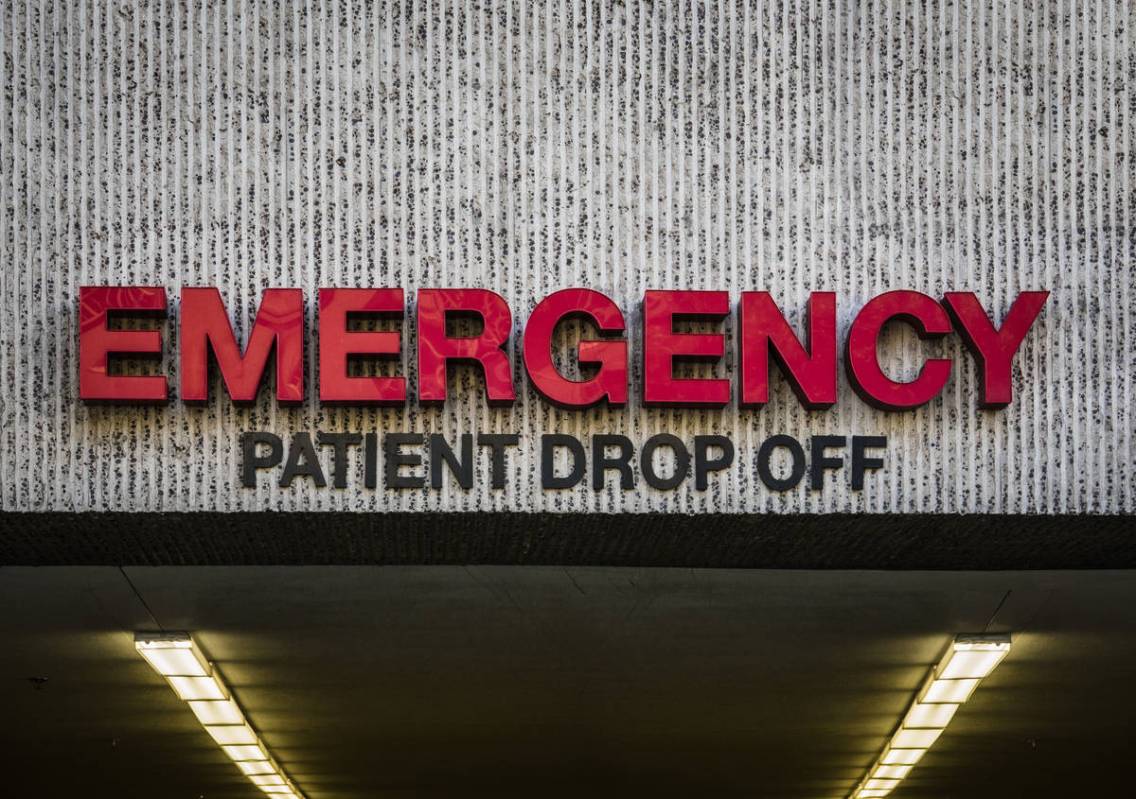
The Centers for Medicare and Medicaid Services on Thursday issued another round of sweeping regulatory waivers and rule changes to deliver expanded care to the nation’s seniors and provide flexibility to the health care system as America reopens from the COVID-19 pandemic.
These changes include making it easier for Medicare and Medicaid beneficiaries to get tested for COVID-19 and continuing CMS efforts to further expand beneficiaries’ access to telehealth services.
CMS is taking action to ensure states and localities have the flexibilities they need to ramp up diagnostic testing and access to medical care, key precursors to ensuring a phased, safe and gradual reopening of America.
CMS goals during the pandemic are to expand the health care workforce by removing barriers for physicians, nurses and other clinicians to be readily hired; ensure that local hospitals and health systems have the capacity to handle COVID-19 patients through temporary expansion sites; increase access to telehealth for Medicare patients so they can get care from their physicians and other clinicians while staying safely at home; expand at-home and community-based testing to minimize transmission of COVID-19 among Medicare and Medicaid beneficiaries; and put patients over paperwork by giving providers, health care facilities, Medicare Advantage and Part D plans and giving states temporary relief from many reporting and audit requirements so they can focus on patient care.
“I’m very encouraged that the sacrifices of the American people during the pandemic are working. The war is far from over, but in various areas of the country the tide is turning in our favor,” CMS administrator Seema Verma said. “Building on what was already extraordinary, unprecedented relief for the American health care system, CMS is seeking to capitalize on our gains by helping to safely reopen the American health care system.”
Under the new waivers and rule changes, Medicare no longer will require an order from the treating physician or other practitioner for beneficiaries to get COVID-19 tests and certain laboratory tests required as part of a COVID-19 diagnosis. During the public health emergency, COVID-19 tests may be covered when ordered by any health care professional authorized to do so under state law.
To help ensure that Medicare beneficiaries have broad access to testing related to COVID-19, a written practitioner’s order is no longer required for the COVID-19 test for Medicare payment purposes.
Pharmacists can work with a physician or other practitioner to provide assessment and specimen collection services, and the physician or other practitioner can bill Medicare for the services. Pharmacists also can perform certain COVID-19 tests if they are enrolled in Medicare as a laboratory, in accordance with a pharmacist’s scope of practice and state law. With these changes, beneficiaries can get tested at “parking lot” test sites operated by pharmacies and other entities consistent with state requirements. Such point-of-care sites are a key component in expanding COVID-19 testing capacity.
CMS will pay hospitals and practitioners to assess beneficiaries and collect laboratory samples for COVID-19 testing and make separate payment when that is the only service the patient receives. This builds on previous action to pay laboratories for technicians to collect samples for COVID-19 testing from homebound beneficiaries and those in certain non-hospital settings and encourages broader testing by hospitals and physician practices.
To help facilitate expanded testing and reopen the country, CMS is announcing that Medicare and Medicaid are covering certain serology (antibody) tests, which might aid in determining whether a person has developed an immune response and might not be at immediate risk for COVID-19 re-infection. Medicare and Medicaid will cover laboratory processing of certain FDA-authorized tests that beneficiaries self-collect at home.